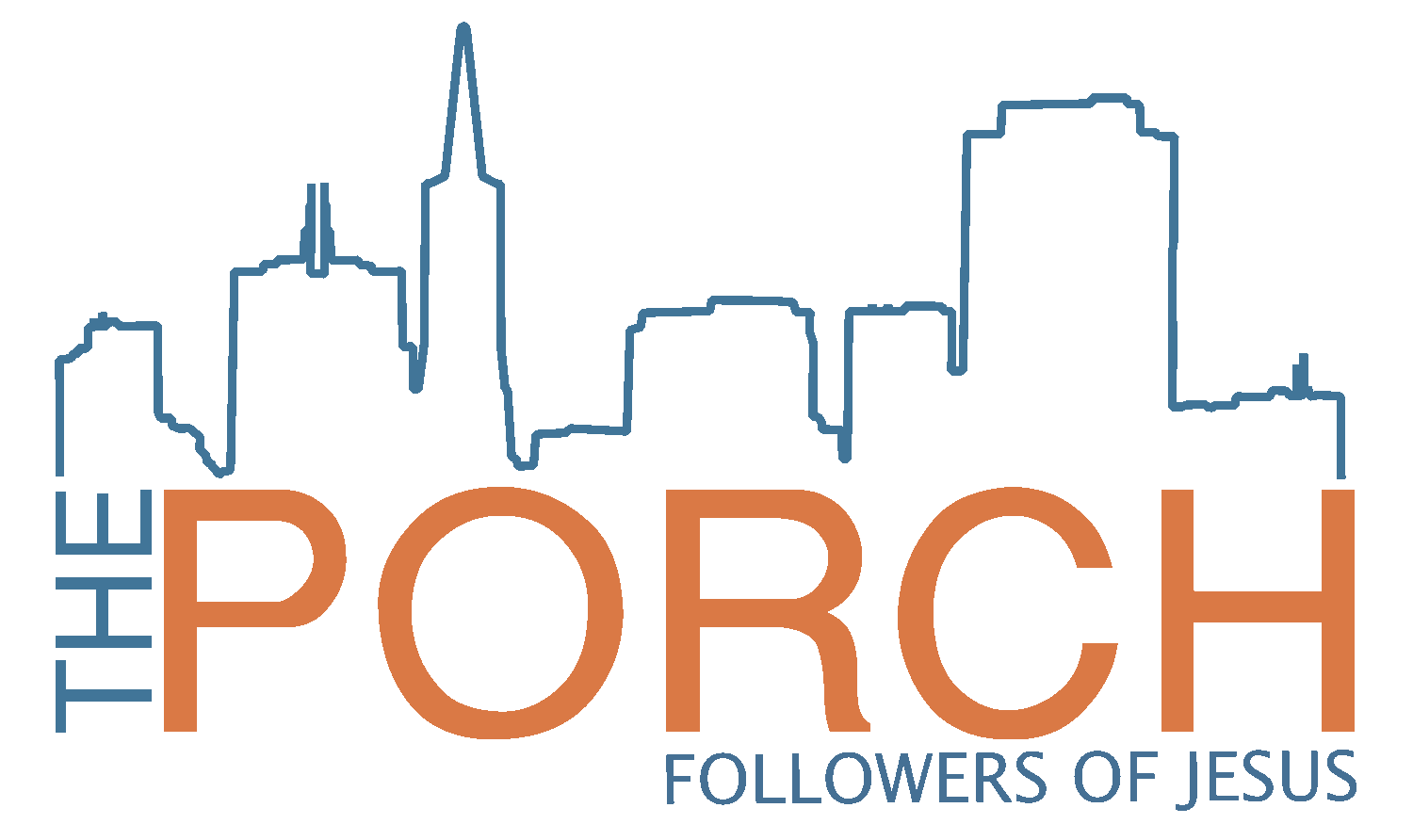December 30 - January 3
[M] Genesis 1-2; Psalm 19; Mark 1
[T] Gen 3-5; Mark 2
[W] Gen 6-8; Psalm 104; Mark 3
[T] Gen 9-11; Mark 4
[F] Gen 12-15; Psalm 148; Mark 5
Dwell Plan Day 1-5 | CSB | Digital PDF | Printable PDF
Notes from Jon & Chris
Help for reading Genesis | The best thing for Genesis is to just read it and get familiar with it. The Bible is full of genres of literature that we don't encounter much in our modern world. It's fantastical non-fiction. It doesn't claim to be a fairy tale or a bunch of myths about the origins of the universe. It claims to be God's words to us about our origins. Is it all of it literal? Is it meant to be figurative? Those are important questions, but before we get to them, read the text and suspend your disbelief. You've heard and were taught many theories and ideas about how it all got started—how the universe came to be and how life began. Make your reading more about getting the right info. Read now to know what it says before you start asking how accurate it is.
And just so you know, I do take it to be accurate. I don't think we understand all of it and the glimpse it gives us of an ancient world, but I think it's all true. But I believe that's possible because God is real. The miraculous and fantastic is not explained by science, but it’s also not disproved. The miraculous and fantastic is not a bug in our faith, it's a feature. And if I do find something that I think sounds unbelievable, I just assume there's something I don't understand yet. I can trust my heavenly Father.
But remember also that the Bible isn't a science book—it's pre-scientific. That doesn't mean it's not true; it just means that it isn't concerned with physical explanations or the details of human history in a modern sense. It isn't written with those ideas in mind. It's about God and His plan and His character. Because of this, you also need spiritual wisdom as you read. The Holy Spirit, who filled and inspired these writers, is absolutely necessary for understanding and trusting the Bible. Always pray before and while reading! It's a spiritual practice, not just a religious duty.
As you read, write down questions you can ask me over coffee! It's one of my favorite things to do: to talk about Scripture and its truth. There's going to be plenty of questions you'll have, so save them up and ask me about them!
Psalm 19 | A few years ago, I read the whole Bible in three weeks (humble brag…). One of the things I noticed while reading all 66 books so fast was how much of the Bible builds on and connects to other parts. One of the reasons we chose the five-day reading plan for our churches, as opposed to other great reading plans, is that we love the way it’s organized. On day 1, we begin with the creation story in Genesis 1-2, and instead of reading Psalm 1 next, we jump to Psalm 19 because it’s a song that begins with the worship of YHWH for his work of creation.
We encourage you to pay attention to these connections all year as you move through the reading plan. Try to note how the Bible is layered and builds on previous sections. It is amazing how the God who inspired all of these words masterfully put it all together.
Psalm 19 | Note how the writer compares how creation talks and how the Bible talks. How do you compare them?
Mark | Look for eyewitness details in Mark that are striking. Also, notice the word "immediately" used again and again. What sort of narrative style is the writer going for here? Why do you think Mark gives so little introduction?
